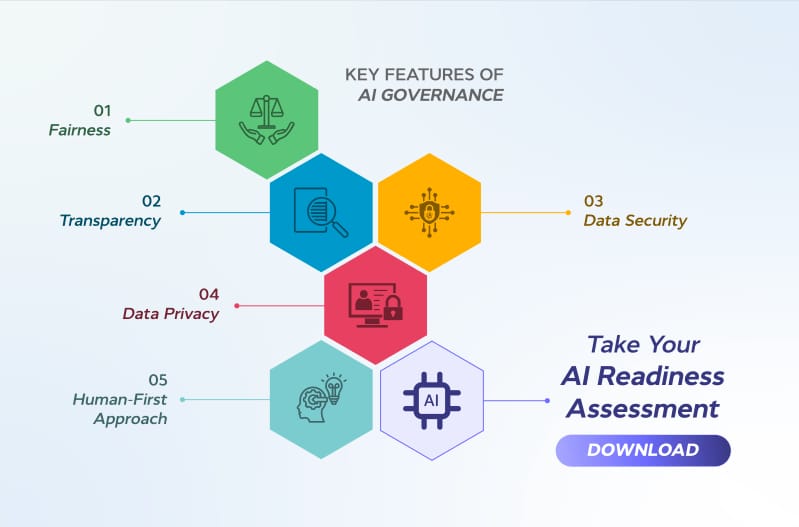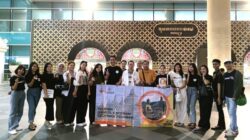Psychological Technology Adoption Framework – C-resources of a resource and minimum of Prim, which occur from the tree interpreted by the union and delivery of a wooden harvest list to obtain the actions of the warehouse bar
Develop a particularly poor student selection process to receive the teaching product scholarship protected in Thailand
Psychological Technology Adoption Framework

Has science education become an elite product in emerging countries? – Wild Education Looking into MDGS and SDGS -era
The Critical Factors Impacting Artificial Intelligence Applications Adoption In Vietnam: A Structural Equation Modeling Analysis
Open Access Policy Open Access Plan for special instant institutions guidelines editing of research processes and ethical ethical articles positive articles on transmission prize
All articles published by become immediately available across the world under an open access license. There is no special permission to reuse in the article or the part of the article published by, including characters and tables. For articles published under the creative joint license, you can reuse any part of the article without approval as long as the original article is clearly quoted. For more information, see https: // opencess.
Feature articles represent the most advanced study with significant potential for high influence in the field. A characteristic article must be a significant original article, which includes several techniques or approaches, gives view of future research directions and describes potential research applications.
Documents are presented with an individual order or recommendation of the scientific editors and must receive positive reactions from the reviews.
Evaluation Framework To Guide Implementation Of Ai Systems Into Healthcare Settings
The editor’s selection articles are based on recommendations from the scientific editors of the world magazines. Editors choose a small number of recent articles in the magazine that they believe they will be particularly interesting to readers, or important research. The goal is to provide an image of some of the most exciting work published in the various research fields in the magazine.
By MD Shuhel Miahmd Shuhel Miah SciProfiles Scleit Preprints
Service was accepted: 25 December 2022 / Refined: 9 February 2023 / Acceptable: 10 February 2023 / Published: 15 February 2023

(This article belongs to the special topic of sustainable education and sustainability in education: political direction and implementation in the SDGS -era)
An Overview Of And Recommendations For More Accessible Digital Mental Health Services
Receiving higher education technology, especially during the Covid-19 crisis, very important in the current environment, especially on online learning adoption. This study aims to determine the impact of activity, effort, social impact and conditions on the adoption of the online line between university students in Daka in the post -Pandandumi period. In addition, the moderate role of volunteering has also been found. In this quantitative study, initial survey methods were collected. The target population was students from private universities located in Daks, Bangladesh. There were a total of 130 respondents, and found that a probability sample. The data was analyzed by the SMART-PLS system. The results revealed that the effort was the most important prediction of the intention to adopt online learning. The next significant forecast was released from the conditions. However, it was found that expectation and social influence were not significant predictions of intent to adopt online learning. In addition, it has been found that volunteering is not mediated. As for practical consequences, educators and designers must focus on effort and relieve conditions for increasing online learning.
The influence of the epidemic took the world in a storm and influenced our way of life, including the educational sector, since 2020. The Covid-19 explosion has been declared an epidemic of the World Health Organization (WHO) [3]. Because the effects of this virus are poor, the infectious movement has been completely controlled and restricted. That is why Covid-19 influenced human life and the field of education. It has become a global crisis and has led to a storm in the social, political, cultural and economic aspects of life [3]. States had to meet strict steps such as a full lock or part lock. Face -to -face instruction and physical interaction were discontinued. New circumstances have forced educational institutions to stop face -to -face learning and present online or remote learning. The traditional idea of education has changed dramatically, and many questions have been uploaded to the presentation of the Internet and technology [4, 5]. During this epidemic created a lot of interest in electronic learning, choosing the right tool and adopting technologies dealing with many challenges [6].
Following the global trend and trying to break the Covid-19 network, the Bangladeshi government received an initiative. Schools, colleges and universities were closed, and performed online lessons, using online platforms such as Zoom, Google Meet or Microsoft teams, including [7]. The same trend has been observed around the world, such as the United States, Canada, Washington, Australia, Germany, India, China, Japan and many others [4, 8, 9, 10]. In addition to flexibility, the cost of online education is lower than that of traditional education [11]. However, the technological foundation provides online and digital education to Asian countries, and especially Bangladesh, it has been greatly different in the Western countries [12, 13]. Although Asian countries are important in online education via Android/iOS phones, these countries have some resources. Among the growing concern and to ensure public health, the Ministry of Higher Education and the university’s grant (UGC) allowed universities for public education and details to make online lessons [2, 14]. In addition, superior education technology will open a sustainability mechanism [15]. Studies [16, 17] also show that online education is an exclusive shipping regime and without examining the factors affecting technological adoption, it is a threat to sustainable production of higher education in the country, such as Bangladesh. Covid-19’s breakdown depends on technological education; Therefore, significant measures must be applied to adopt technology education [17]. When Internet education became necessary and not a means of continuing education [18], finding the affective factors on the adoption of online learning will certainly add sustainability in the post -pandemic era in Bangladesh.
Studies [7, 19] reported that 40% of students participate in online lessons, while almost 50% of students cannot participate in online lessons due to the absence of devices. While global scale, online learning allows students and academic institutions to improve accessibility, mutual operation and flexibility of learning behaviors appropriate for time and place [5, 20, 21], students in Bangladesh are far behind and shortcomings in wider economic conditions [22] . Fast progress in educational technology has increased the flexibility and functionality of the highest guardian [23, 24]. However in the post -friendly situation, students, especially private university students, have been difficult to adopt technology to receive education. Most failed to adopt technology in education, while few provided online learning management systems. Lack of teachers and student resources also affects the adoption of online education [25, 26].
Healthcare Imperative: Increasing Tech Adoption And Use By Seniors
Internet learning enriches the class experience [27, 28, 29] by identifying the factors affecting students in their online learning, which certainly adds new experiences. Studies [29, 30, 31, 32] show that unified theory of acceptance and UTAUT technology is an effective tool for determining the factors influencing technological adoption. This expensive tool provides the university’s decision makers, and designers of faculty systems with the understanding of the factors affecting the adoption of technology in higher education by the students [28, 33].
Bangladesh has 161 universities, 108 private universities, 50 are public universities, and 3 are international universities [34]. Private universities in Bangladesh play a large role in the Higher Education Restaurants in Bangladesh. Studies report that some of the Bangladeshi private universities provide a good standard of quality education and excellent educational atmosphere [35]. Plus, out of 108 private universities, more than 50 are located in Daka. Just as they did public universities, private universities began to provide online education during the plague. Certainly, online education is the most useful step around the world during this epidemic. Internet education allows students to participate outside the physical classes without restrictions [36, 37, 38]. Unfortunately, the students experienced many obstacles as they began studying online. Some have limited access to resources, while others did not know the online platforms. Several studies [18, 36, 39] noted that the intention of students using online education is influenced by factors such as activity, effort, social influence, conditions and volunteering.
This study aims to explore the factors that affect technological adoption among private students at the University of Bangladesh through the receipt and use of technology (UTAUT) [40, 41]. To learn the student’s intention to adopt technology, Utaut appears as one of the most conventional and applied models [42]. It focuses mainly on structures such as action -Wait, effort of expectation, social impact and relieved conditions, which explains the intention of using information technology. All research hair is great in Figure 1.

The activity -wait is an important variable for determining students for online learning. Venkatesh et al. And Alrajawy et al.












